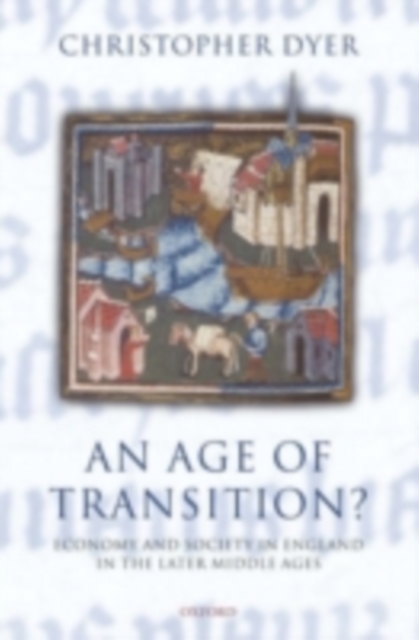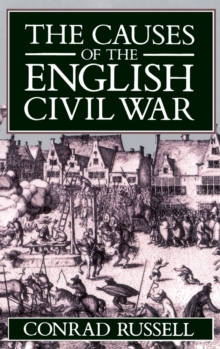
An Age of Transition? : Economy and Society in England in the Later Middle Ages PDF
by Christopher Dyer
Part of the Ford Lectures series
Description
This significant work by a prominent medievalist focuses on the period of transition between 1250 and 1550, when the wealth and power of the great lords was threatened and weakened, and when new social groups emerged and new methods of production were adopted. Professor Dyer examines both the commercial growth of the thirteenth century, and the restructuring of farming, trade, and industry in the fifteenth century.
The subjects investigated include the balance between individuals and the collective interests of families and villages.
The role of the aristocracy and in particular the gentry are scrutinized, and emphasis placed on the initiatives taken by peasants, traders, and craftsmen.
The growth in consumption moved the economy in new directionsafter 1350, and this encouraged investment in productive enterprises.
A commercial mentality persisted and grew, and producers, such as farmers, profited from the market.
Many people lived on wages, but not enough of them to justify describing the sixteenth century economy as capitalist.
Theconclusions are supported by research in sources not much used before, such as wills, and non-written evidence, including buildings. Dyer argues for a reassessment of the whole period, and shows that many features of the sixteenth, seventeenth, and eighteenth centuries can be found before 1500.
Information
-
Download - Immediately Available
- Format:PDF
- Publisher:OUP Oxford
- Publication Date:03/02/2005
- Category:
- ISBN:9780191518829
Information
-
Download - Immediately Available
- Format:PDF
- Publisher:OUP Oxford
- Publication Date:03/02/2005
- Category:
- ISBN:9780191518829










